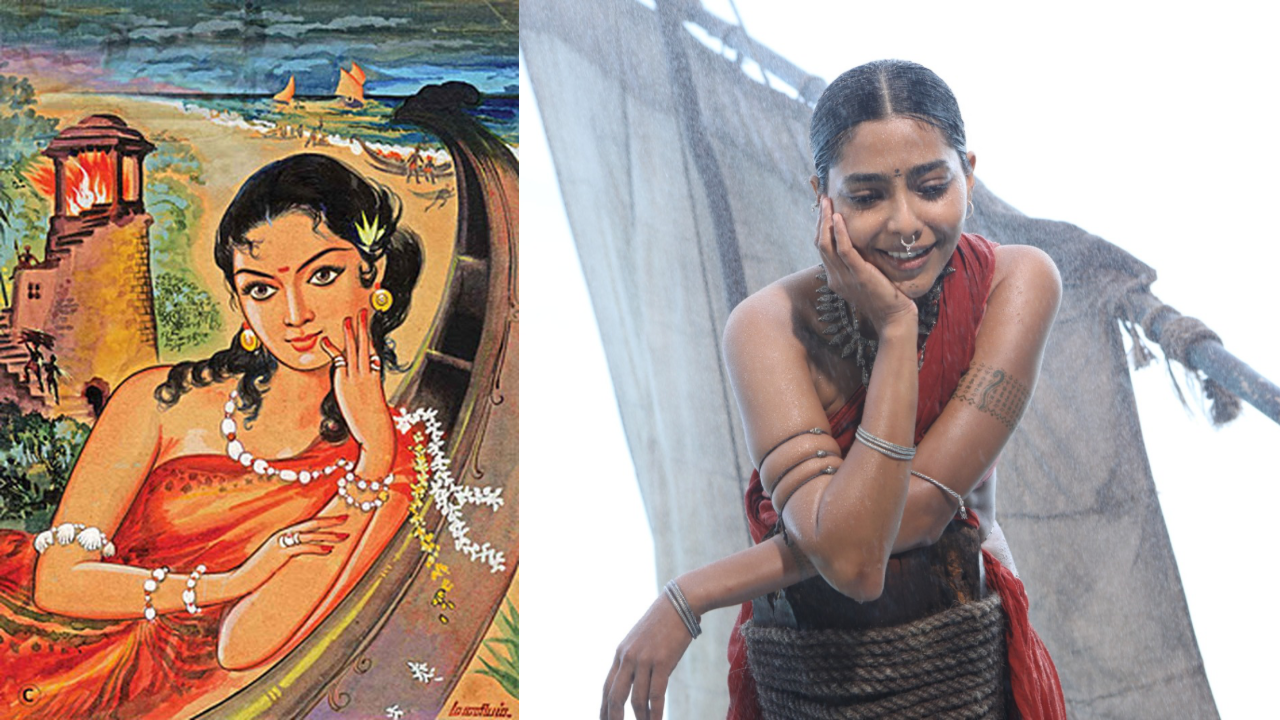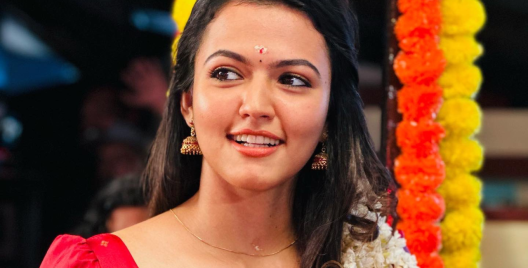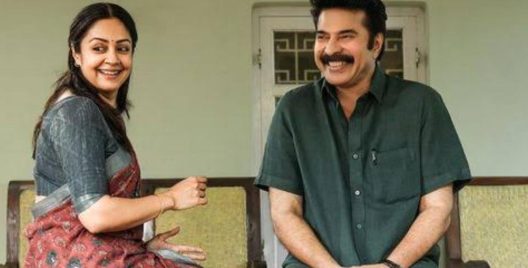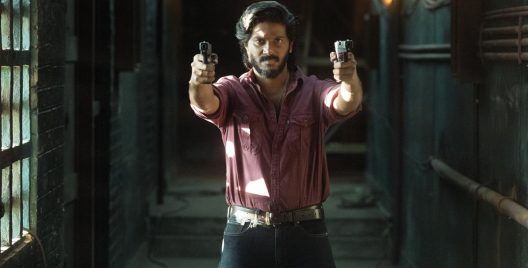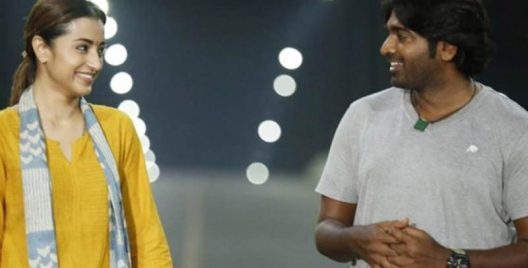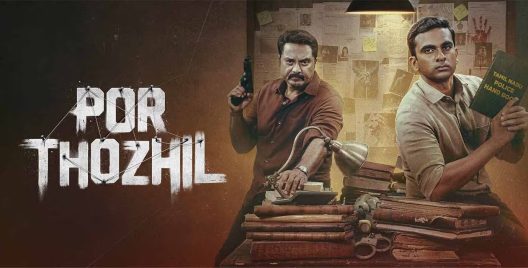In Mani Ratnam’s film adaptation of the seven decades old novel, Poonkuzhali’s role, played by Aishwarya Lekshmi, is truncated. She helps the plot move along but never takes centrestage. While most fans of the novel may have made their peace with the changes made in the adaptation, the treatment of Poonkuzhali’s character remains a sore point. Why? Because in the novel, Poonkuzhali, the boatwoman, becomes the queen of the Chola empire.
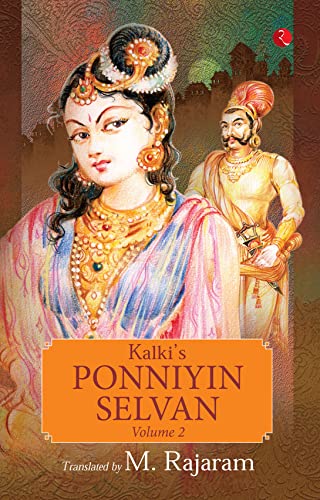
This is, of course, a leap that can only happen in fiction, and that’s probably why the film adaptation did away with the twist, in the interest of keeping the events as true to real life as possible. In the novel, Madhurantakan (played by Rahman in the film), the Chola prince who goes against his family to stake a claim for the throne, isn’t the same Madhurantakan who is crowned as king by Arulmozhi Varman (played by Jayam Ravi in the film). It is revealed that Madhurantakan’s mother, dowager queen Sembiyan Madevi, gave birth to a baby boy she believed was stillborn, and exchanged him with another baby born to the deaf-mute woman, Mandakini (played by Aishwarya Rai Bachchan in the film) who is also Poonkuzhali’s aunt. Sembiyan Madevi discovers later that her biological son isn’t actually dead, but it is too late to switch the children again.
The biological son, Sendhan Amudhan (played by Ashwin Kakamanu in the film), grows up as Poonkuzhali’s cousin. He is in love with her but Poonkuzhali only has eyes for Arulmozhi Varman, the young Chola prince who once travelled by her boat and calls her by a special name – Samudra Kumari. She is tongue-tied in his presence, hanging on to every word that he says. But as the circumstances shift, something changes within her, and her dreams grow bigger.
Kalki fashions an empathetic character arc for Poonkuzhali, refusing to sideline her as the succession battle for the Chola throne rages on. Poonkuzhali’s aunt, the free-spirited Mandakini, is at the heart of the novel. She was once Sundara Chola’s lover and though he betrays her trust, she watches over him and his family. It is Mandakini who rescues Arulmozhi when he falls into the Ponni river as a young boy, and it is Mandakini who saves him from assailants when he travels to Eezham (Sri Lanka). When she discovers that the Pandyas are planning to kill Sundara Chola, she intervenes and is killed instead.
Poonkuzhali is devastated by her aunt’s death, but is enraged when the Cholas merely seem relieved that Sundara Chola survived the attack, and Arulmozhi offers her a reward for Mandakini’s ‘service’. Was her aunt’s life of less value than the Emperor’s? An angry Poonkuzhali bursts out thus: “Some people here are happy that the Emperor’s life has been saved. Others are happy that he has recovered the power of his legs. Still others are happy that the reputation of the Pazhuvettarayars has not been tarnished. No one seems distressed about my aunt’s tragic end. Shouldn’t I at least find it distressing? I’m going to find the assassin, wherever he is. Please let me go!”
In many folktales and stories from the epics, it is common to portray such deaths – where a commoner dies to save a person of royal origin – as a fortunate event. In the Mahabharata, for example, a tribal woman and her five sons die in the lac palace built by Duryodhana to kill the Pandavas. In some versions, the Pandavas ‘cleverly’ invite the innocent family and ensure they’re drunk before setting the palace on fire and killing them to give the impression that the Pandava brothers and their mother, Kunti, are dead. In other versions, the tribal family arrives by ‘coincidence’. In any case, there isn’t much grief expressed that six innocent lives were lost because the focus is on the Pandavas successfully hoodwinking the Kauravas.

In Ponniyin Selvan, however, Kalki makes the reader feel Poonkuzhali’s righteous anger at how her aunt is treated. It is the unfair life that her aunt was forced to live, thanks to the Cholas, that fuels Poonkuzhali’s desire to become the queen. She points out to Sendhan that though her aunt loved a person of royal lineage, she had to die without enjoying the comforts of a royal life. Why should Poonkuzhali not live the life that was denied to her aunt?
It is interesting that Kalki was able to imagine such a female character in the 1950s without vilifying her; a young woman who has no compunction in admitting that her feelings towards the man she loved have changed, and that she values wealth and a comfortable life more. Her greatest love isn’t towards any man, but for her aunt who was let down by everyone around her. Further, Poonkuzhali views living well as a tribute to her aunt rather than wallowing in misery – an attitude that you may perhaps expect in a millennial, but not a woman from the 10th century!
Poonkuzhali reluctantly agrees to give up her dream of becoming the queen, persuaded by Sendhan’s love for her – but it all works out well in the end because Sendhan is recognised as the true heir to the throne. Poonkuzhali becomes Arulmozhi’s aunt by marriage – and this too, is a plot thread that’s far ahead of its time.
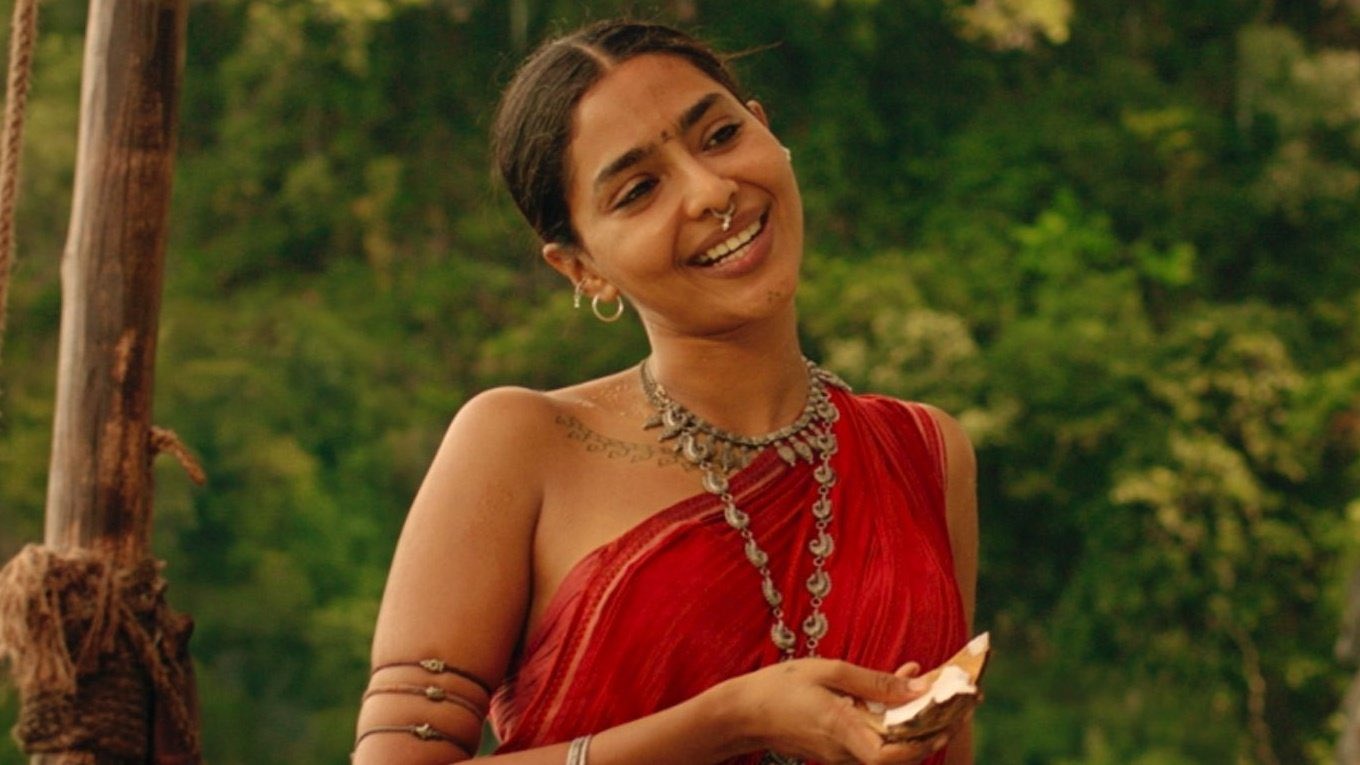
It is understandable that the makers of Ponniyin Selvan had to remove this major twist from the film. As one of the film’s writers, Jeyamohan, wrote in his blog, it would have been very difficult to make the baby-switching episode look convincing for an audience of today, especially when there is a time constraint. Still, Poonkuzhali’s fans would remain in the hope that someday, a web series on Ponniyin Selvan gets made and they get to see Samudra Kumari seated on the throne, the way they have imagined her countless times.



